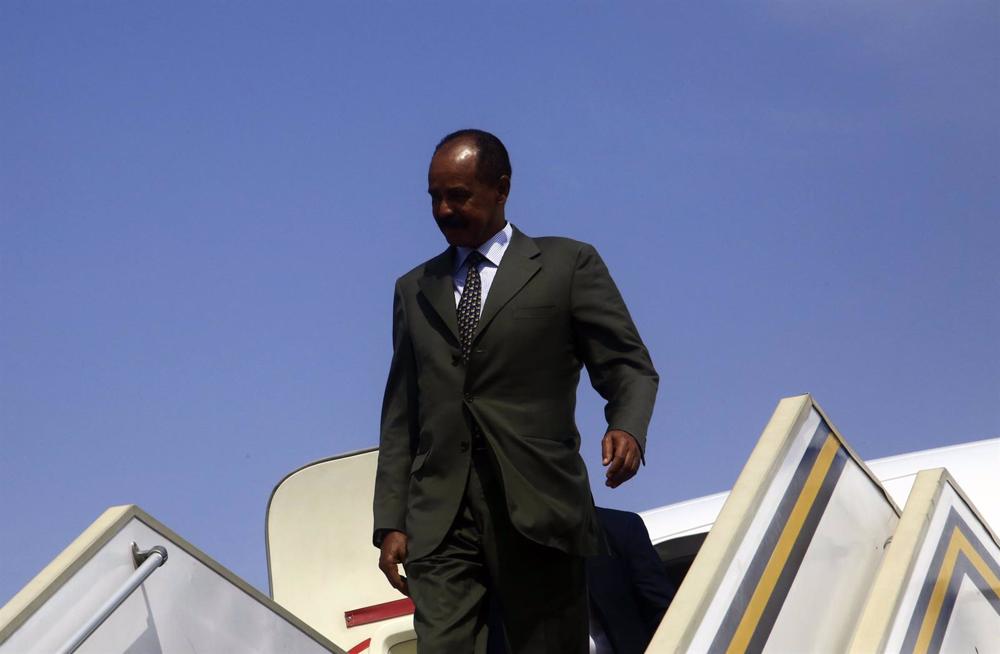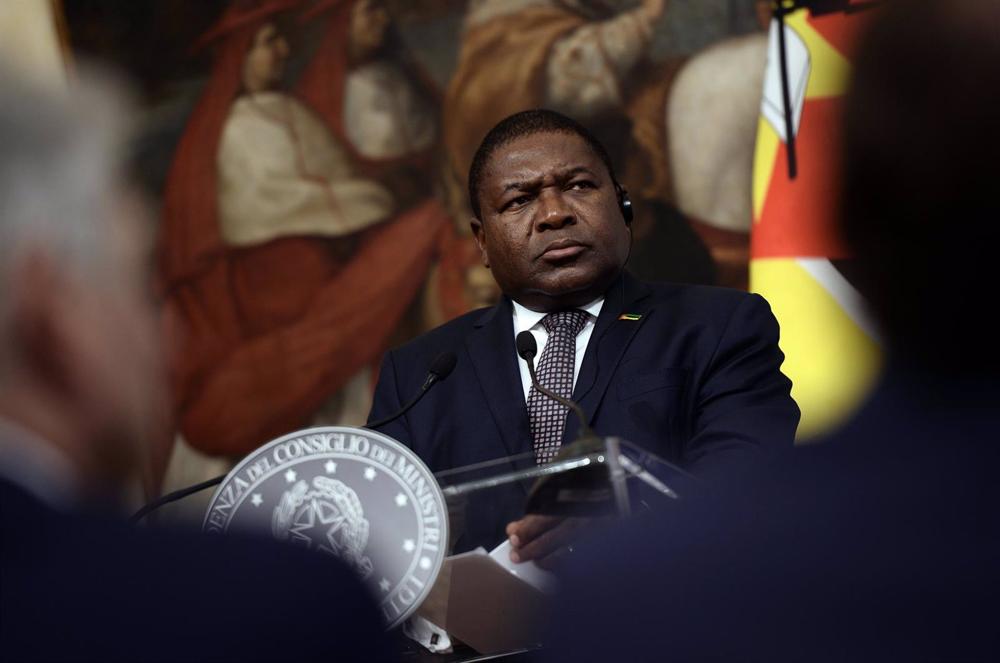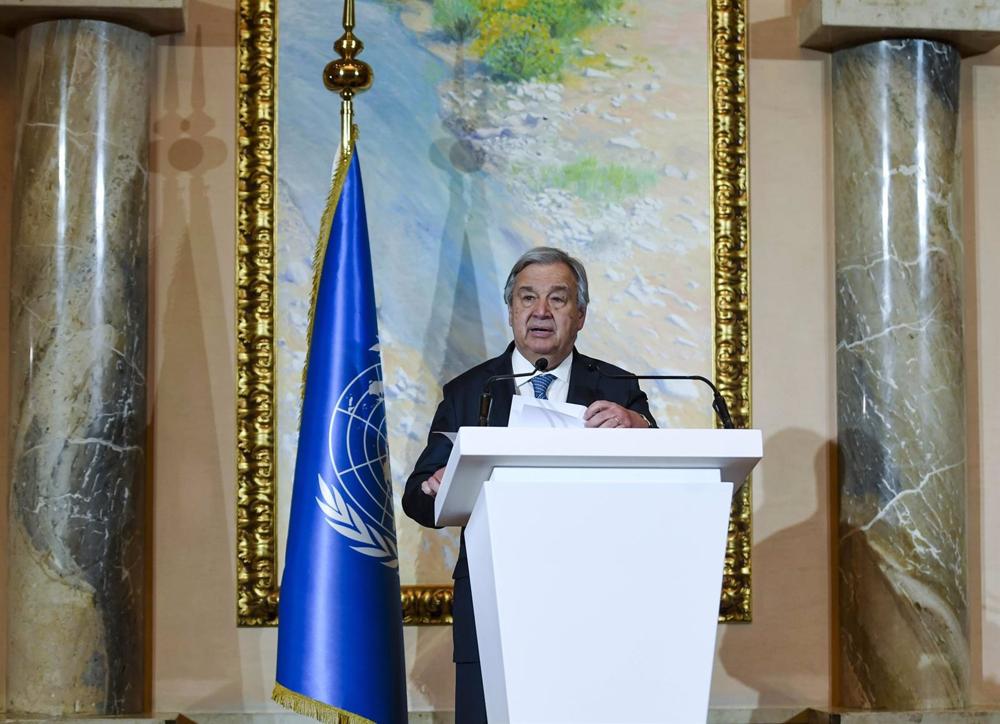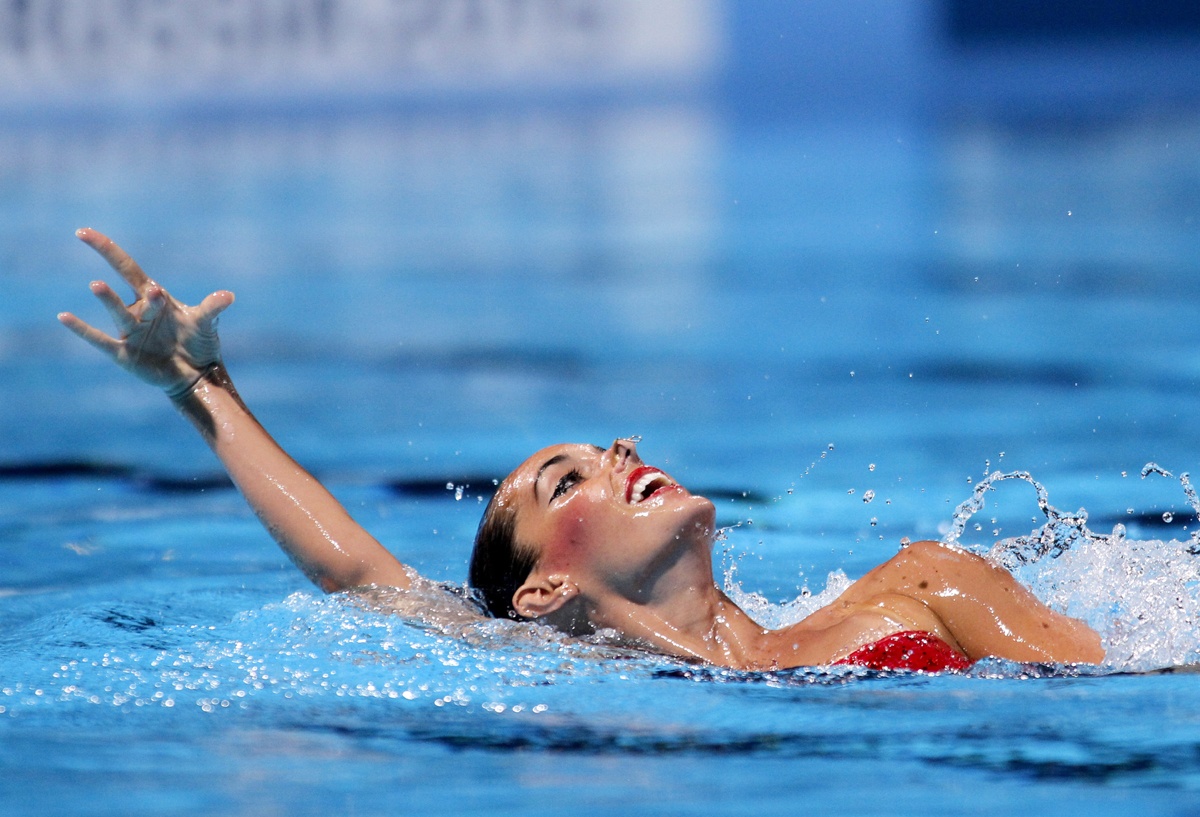
Eritrean President Isaias Afewerki began an official visit to Kenya on Wednesday, as part of a rare foreign trip by the leader that coincides with regional efforts to try to materialize a peace process in Ethiopia, where Asmara has supported the Ethiopian Army’s operations against the Tigray People’s Liberation Front (TPLF).
The 77-year-old president was received in the Kenyan capital, Nairobi, by the Kenyan Foreign Minister, Alfred Mutua. Eritrean Information Minister Yemane Gebremeskel said on his Twitter account that Afewerki will meet with his Kenyan counterpart William Ruto to discuss «enhancing bilateral ties and regional issues of mutual interest».
For its part, Mutua has published several photographs of the reception and has detailed that the Eritrean president «is in the country for a two-day official visit where he will meet with President William Ruto for bilateral meetings», without giving further details about the agenda.
Both leaders pledged in January to promote peace and security in the region, at a time when Ethiopia and the TPLF are in the midst of a peace-building process following the agreement signed in November. The agreement provides for the end of military operations, the disarmament of the Tigrayan group and the withdrawal from Tigray of troops not belonging to the Ethiopian army, including Eritrean troops.
The conflict in Tigray erupted in November 2020 following a TPLF attack on the main Army base located in Mekelle, after which the Abiy Ahmed government ordered an offensive against the group. The outbreak of fighting followed months of political and administrative tensions, including the TPLF’s refusal to recognize an electoral postponement and its decision to hold regional elections outside Addis Ababa.
The TPLF accuses Abiy of whipping up tensions since coming to power in April 2018, when he became the first Oromo to accede to office. Until then, the TPLF had been the dominant force within Ethiopia’s ruling coalition since 1991, the ethnically-supported Ethiopian People’s Revolutionary Democratic Front (EPRDF). The group opposed Abiy’s reforms, which it saw as an attempt to undermine its influence.
Source: (EUROPA PRESS)






